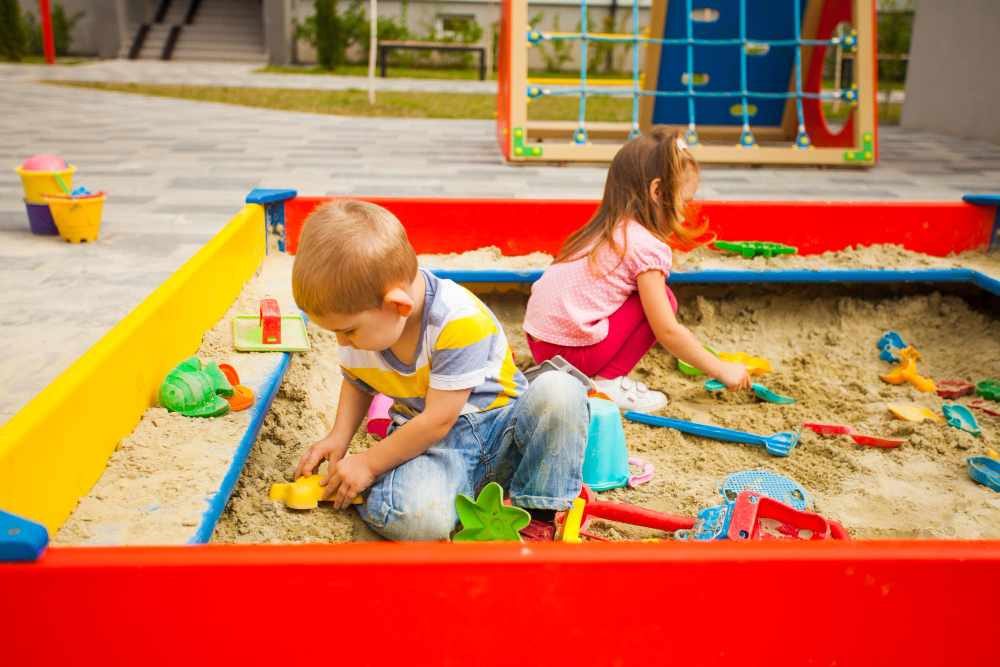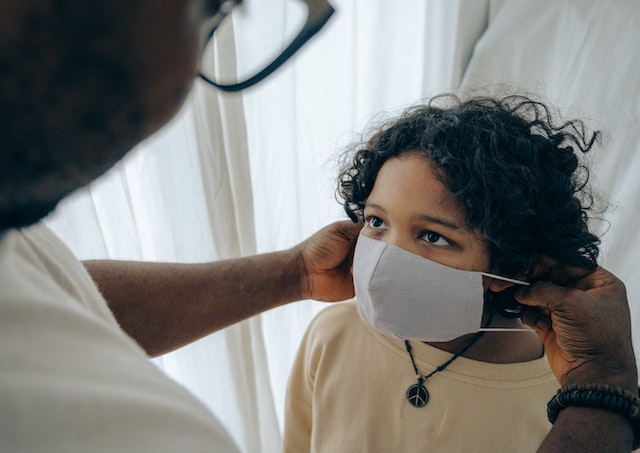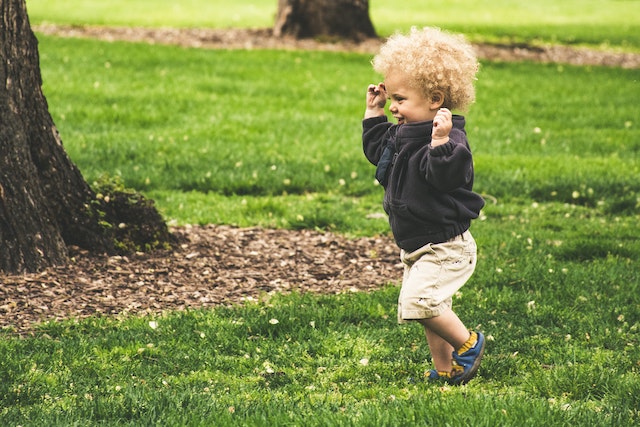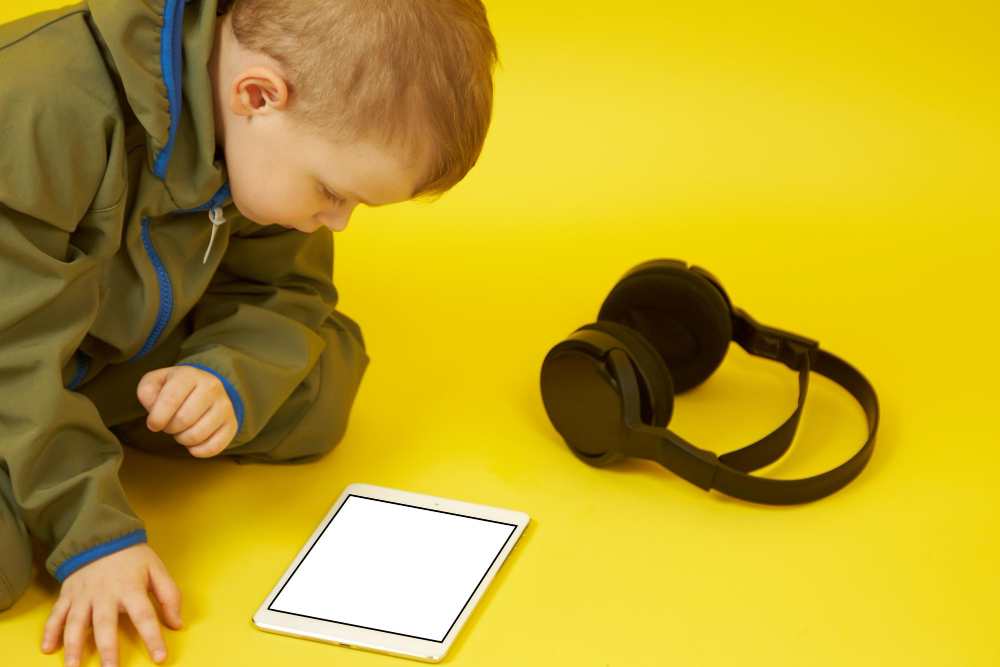The year between the ages of two and three is a thrilling one. Toddlers are becoming aware that they are distinct from their parents and caretakers. This implies they feel compelled to establish themselves, communicate their preferences, and act independently. On the other hand, Toddlers do not understand the logic and still struggle with patience and self-control. In a nutshell, two-year-olds want things when they want them.
- When your child exhibits challenging behavior, it usually indicates that she cannot acceptably communicate her feelings or that she is unable to meet a need. When your reaction demonstrates an alternative, more constructive method to deal with these feelings, it aids your child’s learning.
- Teenagers and older toddlers have a lot in common. Their emotions can change dramatically from one moment to the next. For example, they may be excited when they receive a candy, only to be sad when it drips on their hands. As a result, toddlers need your caring advice to learn how to manage their emotions.
- Your responsibility as a parent is to guide your young child through the tidal wave of strong emotions she/he is experiencing this year. This is no easy feat, as 2-year-olds’ emotional lives are complicated. For the first time this year, they are experiencing emotions such as pride, guilt, shame and embarrassment.
When your youngster is having trouble with this, it’s because:
- He suffers chaotic mind state when you can’t understand what he’s saying.
- She truly means yes when she says no.
- He becomes so enraged that he threatens to throw a toy.
- She is unable to accept a substitution if the purple top is in the washing machine.
- When he’s frustrated, he acts out—he’ll give up or become enraged if he can’t figure out how to make the jack-in-the-box function.
When your child is learning to deal with powerful emotions, he:
- To grab your attention or to ask for help, he uses words or actions.
- When he is frustrated or afraid, he speaks to himself in a soothing tone.
- Recreates a stressful situation, such as a doctor’s appointment.
- Instead of throwing or hitting, he says things like “I’m upset.”
- She either tells you the rules or expresses regret for breaching them.
Here are some suggestions for assisting your toddler in learning this crucial skill:
-
Empathize with your toddler
It’s fine to tell them that you recognize the options they have been presented with aren’t the ones they want. Make them aware that you understand their situation and give them a reason to believe why you cannot fulfill their wish.
-
Taking on Challenges
One of the most important abilities we can learn in life is the ability to deal with adversity, bounce back from failure, and keep trying. Children learn to take on difficulties when we provide an environment with just the right amount of structure—not too much to be restricting, but just enough to make them feel comfortable. Encourage your youngster to explore new activities while still allowing them a certain amount of risk.
-
Communication
Children must learn how to communicate with others. They should be taught basic gratitude. As a parent, you should make time for your child and teach in their basic skills.
-
Self-Directed, Engaged Learning
A child who appreciates learning grows up to be a person who is rarely bored as an adult. To cultivate a love of learning, limit television viewing and encourage plenty of reading books, playing, and open-ended inquiry.
![]()











